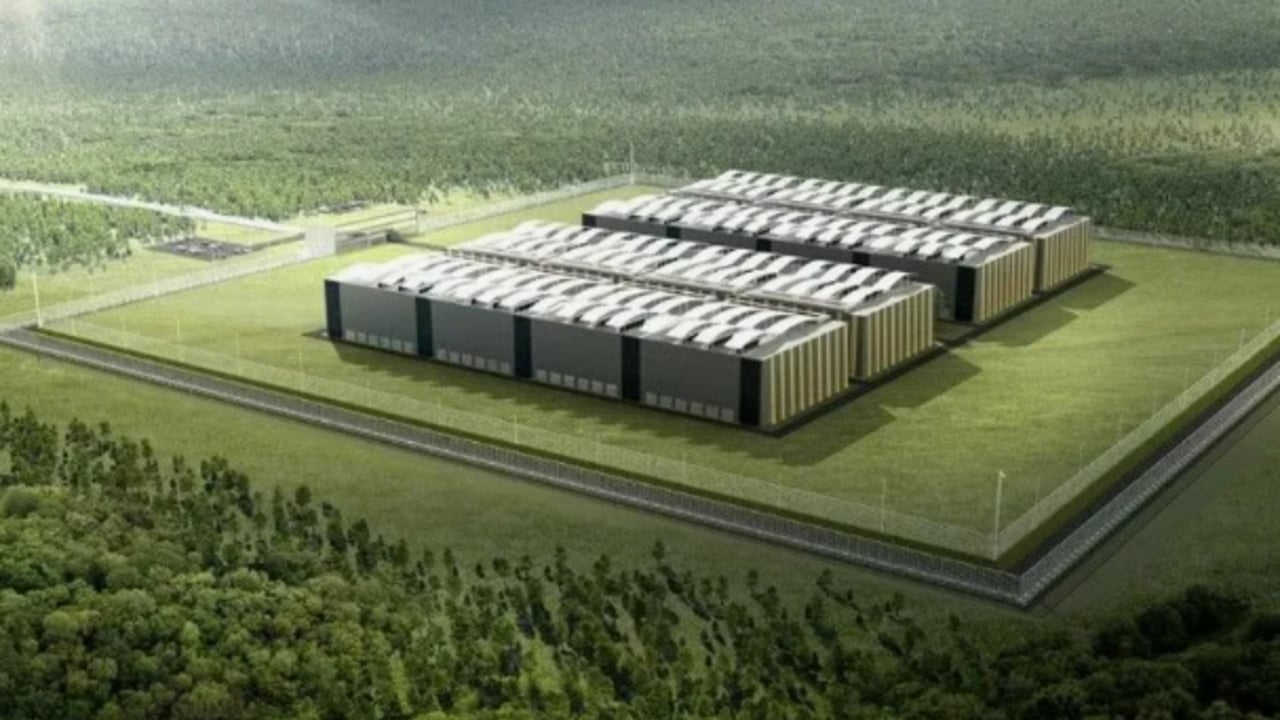Over recent months, analysts at TD Cowen have documented significant changes in Microsoft's strategy. The tech giant has decided to abandon its plans for data centers designed to consume 2 gigawatts of power in both the United States and Europe. This move comes as an adjustment to an oversupply compared to the current demand forecast for such facilities.
Reasons for the Strategic Shift
One major factor behind Microsoft's decision is the reluctance to support additional training loads for artificial intelligence provided by OpenAI, the developer behind ChatGPT. This strategy aligns with a broader market sentiment, as investors have grown wary of hefty expenditures on artificial intelligence initiatives when rapid results remain elusive.
Furthermore, the gradual progress of these projects coupled with the emergence of the Chinese startup DeepSeek has played a role. DeepSeek has introduced cost-effective artificial intelligence technology that challenges its Western counterparts, prompting a reassessment of investments in large-scale AI deployments.
Market Impact Analysis
TD Cowen's supply chain review indicates that Microsoft's retreat has led to a redistribution of capacity among major tech companies. The dynamics of the market have accordingly shifted in the following ways:
1. Alphabet is stepping in to fill the capacity gap in international markets.
2. Meta Platforms is actively expanding its capabilities in the United States.
3. The tech sector continues to adapt to the shifting balance of supply and demand.
These developments illustrate how major market players adjust their strategies in response to economic pressures and evolving technology trends. The realignment not only rebalances capacity distribution but also signals a broader industry trend towards optimizing resource allocation in uncertain market conditions.
Key Points and Analyst Conclusions
Several notable aspects have influenced Microsoft's strategy:
- Reduction of additional expenditures associated with intensive training loads.
- The rising appeal of more affordable technological solutions such as those offered by DeepSeek.
- A notable shift in demand for data center capacity in both the United States and Europe.
- A restructuring of roles among leading tech companies as they adapt to market changes.
Analysts from TD Cowen emphasize that Microsoft's strategic pullback has already prompted market reallocation among big tech players. In particular, Alphabet and Meta Platforms have taken proactive steps to boost their capacity in their respective regions. This trend underscores the importance of reassessing resource allocation and investment strategies in light of both economic and technological pressures.
Strategic Directions and Future Prospects
Looking ahead, the evolving market environment suggests several strategic directions:
- Investing in the optimization of existing infrastructure.
- Reevaluating expenditure plans based on prevailing demand conditions.
- Quickly adapting to competitive offers emerging in the technology sector.
- Enhancing the capability to support artificial intelligence in more economically viable environments.
As competition intensifies and market conditions fluctuate, companies are compelled to refine their strategic priorities. Microsoft’s decision to forgo additional data center capacity serves as a compelling example of how industry leaders can pivot in response to both economic realities and technological developments.








Innovative transactions like this are setting the stage for a new era in tech